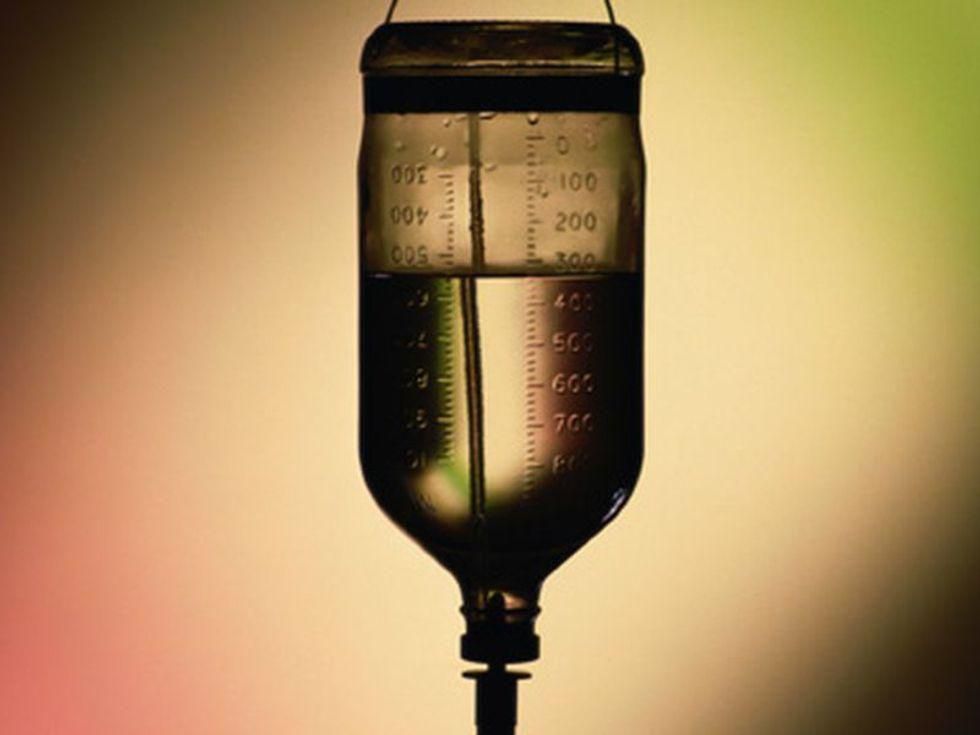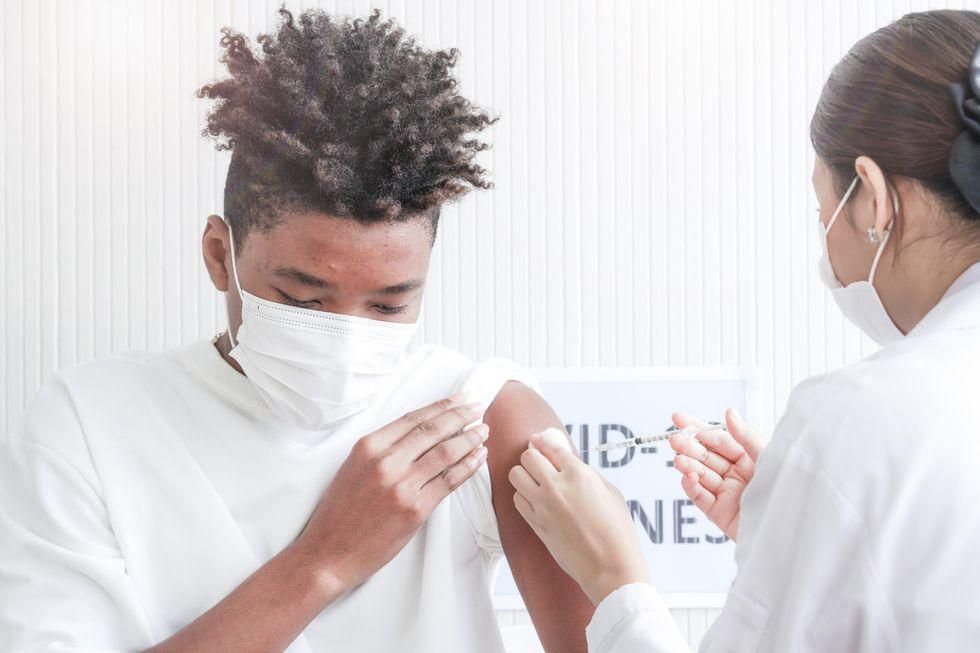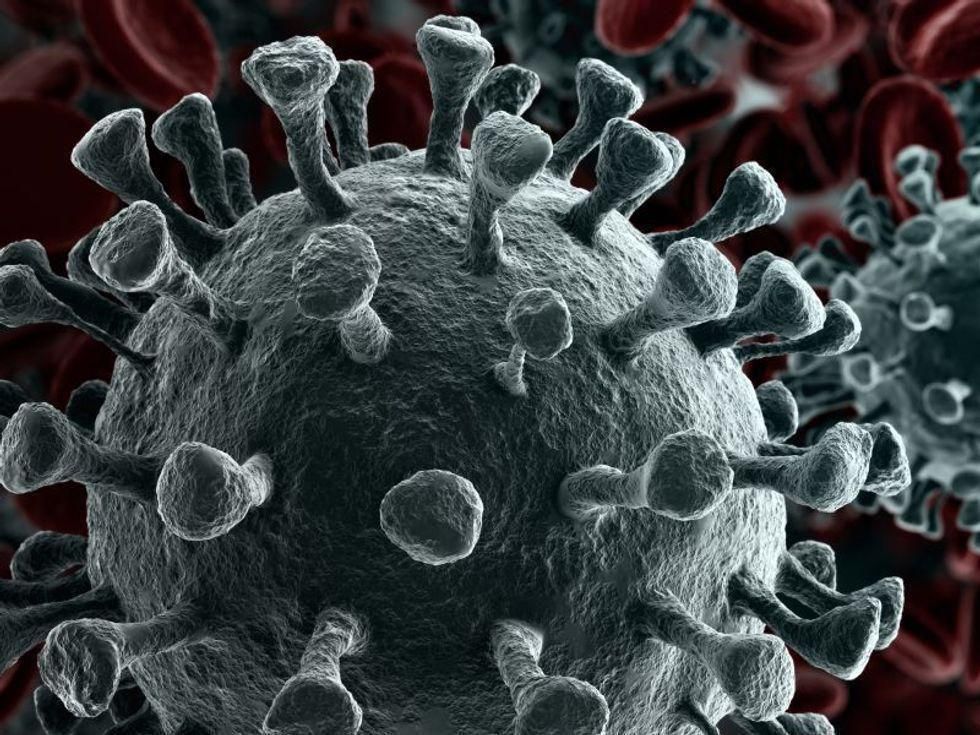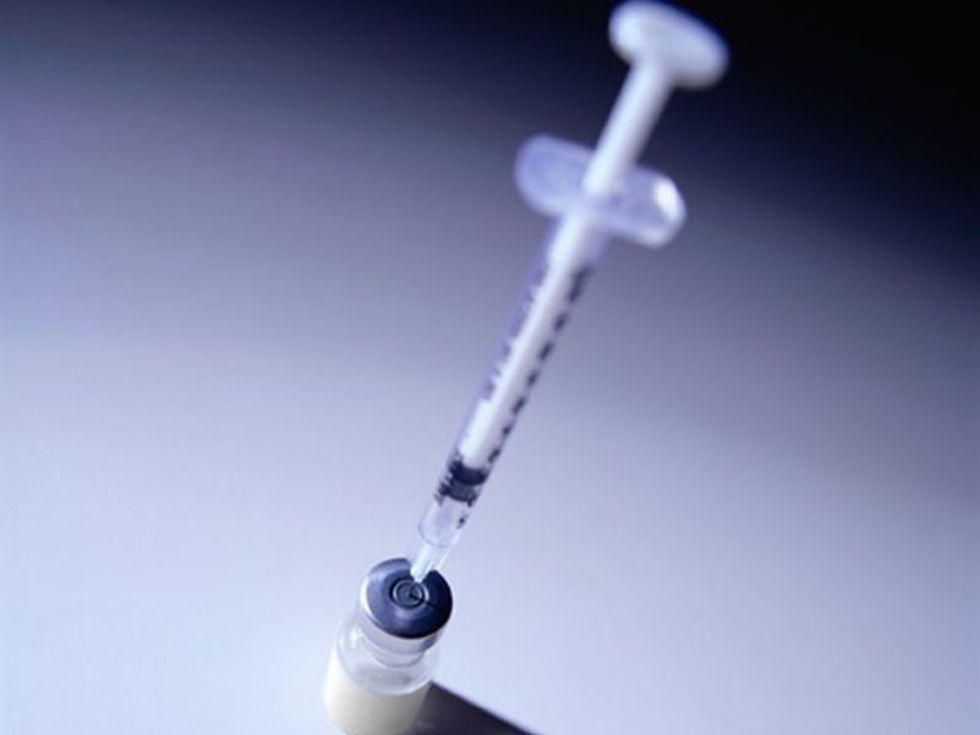
Regeneron Pharmaceuticals said Tuesday that its antibody cocktail, which is used widely to treat COVID-19 patients, may be less effective against the Omicron variant. The company noted that prior analyses suggest that its monoclonal antibody cocktail, and similar drugs, could lose effectiveness against the variant. Further research is ongoing, according to Regeneron, which added there… read on > read on >






























